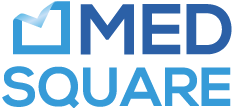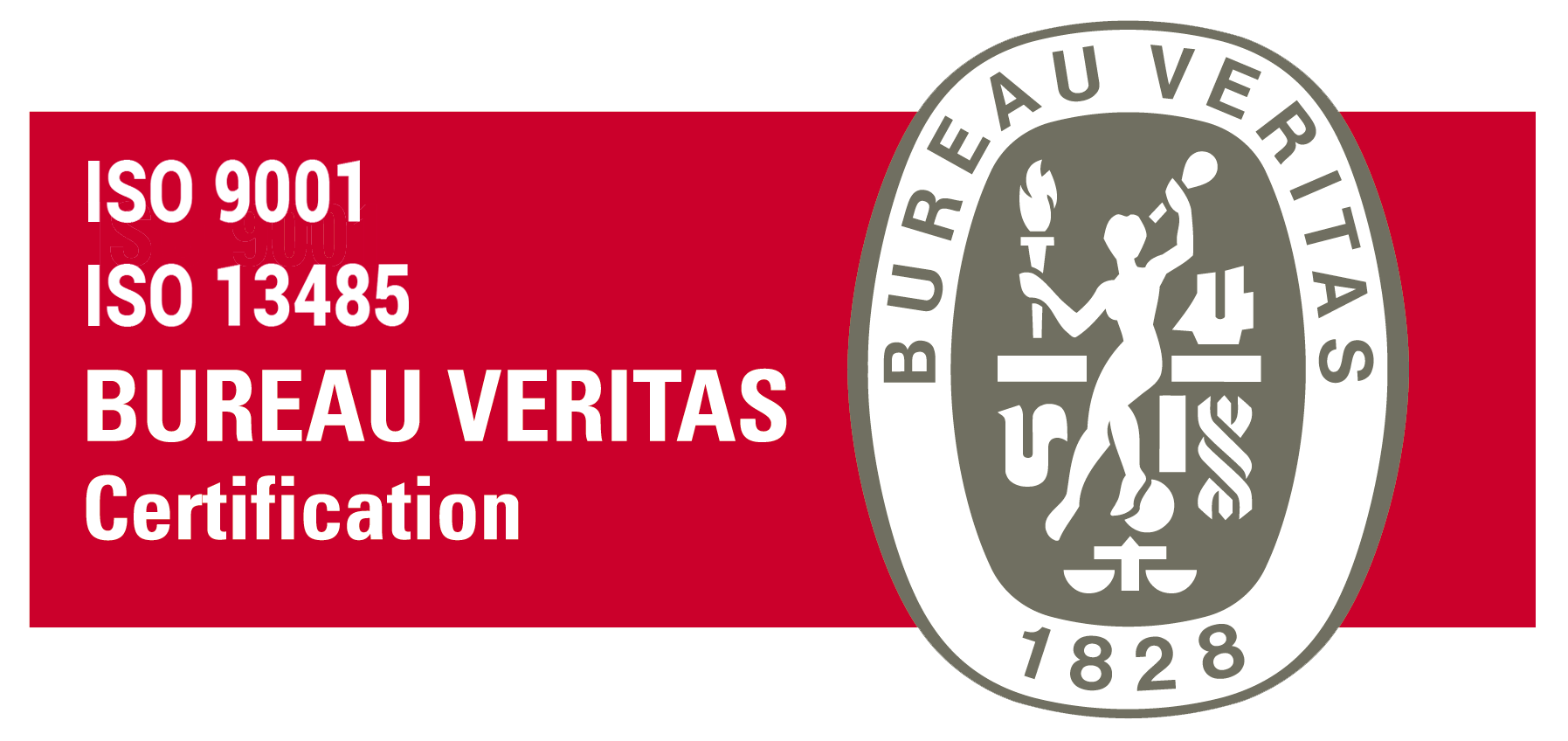Blog
Medsquare’s latest innovations at RSNA 2016
Written by : Karen Frangie - 25/10/16 - In Blog
Exposing patients to ionizing radiation is a hot topic − particularly with the release of the Euratom 2013/59 Directive, which will take effect on February 6, 2018. French legislation will have to meet the requirements of this Directive, which specifies the implementation of a quality management system to improve patient dose tracking and study justifications.
Medsquare’s DACS Radiation Dose Monitor (RDM) perfectly meets the requirements of the European Directive and is the cornerstone in the implementation of a quality management system. In recent years, RDM has become the reference in the DACS field, allowing Medsquare to position itself as a major player in radiation safety with a tool that improves professional practice.
Presenting RDM’s latest features at RSNA 2016:
During the Radiological Society of North America (RSNA), Medsquare will introduce RDM’s new features:
• Peak Skin Dose (PDS): calculation of the PSD with a 2D or 3D graphic presentation
• New advanced statistics module: allowing you to perform cross-dose data comparison
• Powerful rules alerts: implementation of specific alerts regarding a patient and/or his or her studies
• Alerts distribution: allowing you to spread alerts over every day of the week
• And many more!
Florent Jault,Medsquare Product Specialist RDM, states: “The RSNA exhibition is a great opportunity to present RDM’s latest features. Our constant work with RDM’s users enables us to continually improve our solution, so that it best meets the needs of healthcare professionals.”
Medsquare has been awarded all DACS public tenders from hospital purchasing groups in France, including: UniHA (2013), Resah-IDF (2014), AP-HP (2014) and Resah (2016). By carrying out these major projects, Medsquare’s personnel have become experts, keeping a step ahead in the DACS field (multi-modality/multi-services/multi-sites).
Dominique Gabriel, CEO Medsquare: “Our RDM solution was selected for the second consecutive time by the hospital purchasing group Resah. Following a first contract awarded to Medsquare for the period 2014-16 (Resah-IDF), this new reference will give all of Resah’s hospital members − spread over the entire country, and not limited to the IDF region − the opportunity to acquire the RDM solution for their facility.”
More deployments in 2016
During 2016, Medsquare has deployed (or will deploy) its RDM solution in a number of general hospitals, university hospitals, and private clinics in France, including:
• University Hospitals of Nice, Grenoble, Nantes, Reims, Tours
• Hospitals of Annecy, Gonesse, Carcassonne, Marne-la-Vallée
• Private sites: Imagerie Médicale de la Plaine de France (IMPF), Clinique Internationale du Parc Monceau
AP-H (Paris’ Hospitals)
• Necker-Enfants malades University Hospital
• Robert-Debré University Hospital
• Paris Centre University Hospital: Cochin Hospital and Hôtel-Dieu Hospital
• Paris Ile-de-France Ouest University Hospital: Raymond-Poincaré Hospital, Ambroise-Paré Hospital and Sainte-Périne Hospital
• Paris Nord Val-de-Seine University Hospital: Bichat Hospital, Beaujon Hospital and Louis-Mourier Hospital
• Paris Ouest University Hospital: Georges-Pompidou European Hospital (HEGP) and Corentin-Celton Hospital
• Paris Seine-Saint-Denis University Hospital: Avicenne Hospital and Jean-Verdier Hospital
• Paris Sud University Hospital: Antoine-Béclère Hospital, Bicêtre Hospital and Paul-Brousse Hospital
• Pitié-Salpêtrière – Charles-Foix University Hospital
• Saint-Louis, Lariboisière, Fernand-Widal University Hospital: Lariboisière Hospital and Saint-Louis Hospital
Arnaud Legland, AP-HP Account Director: “We are proud of the deployments achieved successfully at AP-HP hospitals, which is an institution of excellence for the development of patient dose monitoring. With a deployment of this size, we can expect the implementation of a global DACS on the AP-HP before the contract ends. This will ease the communication and exchange of dose data, ensuring better care for patients in the AP-HP group.”
 Download PDF
Download PDF
